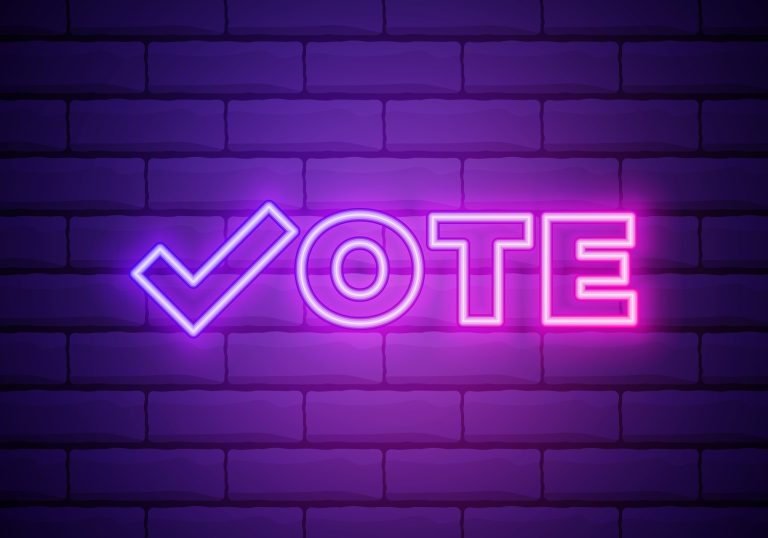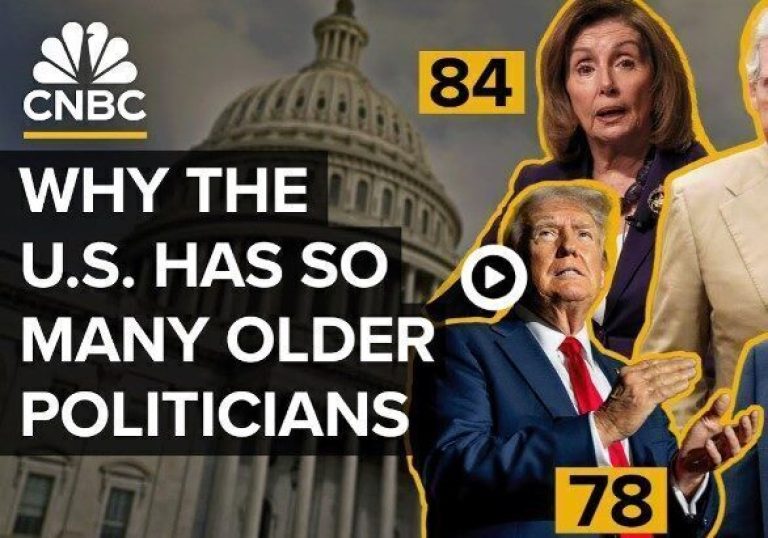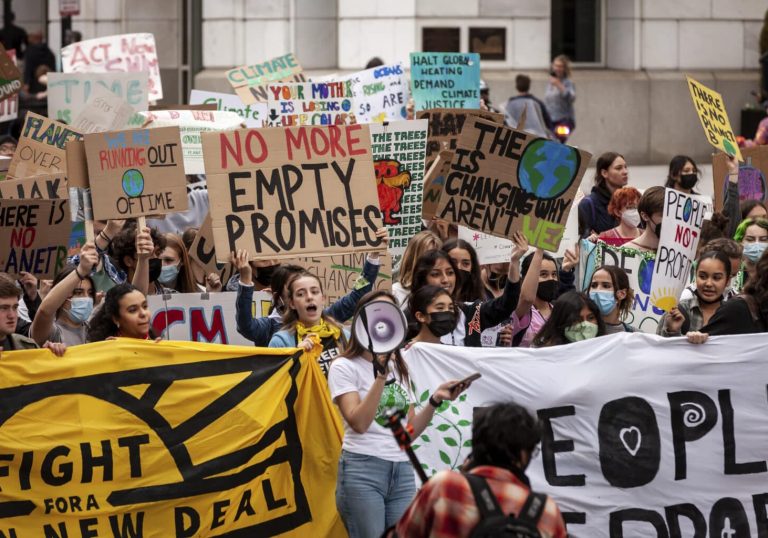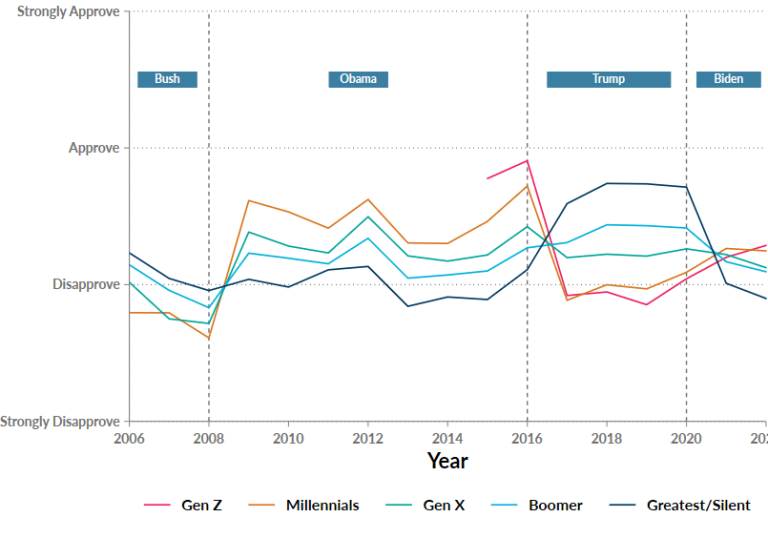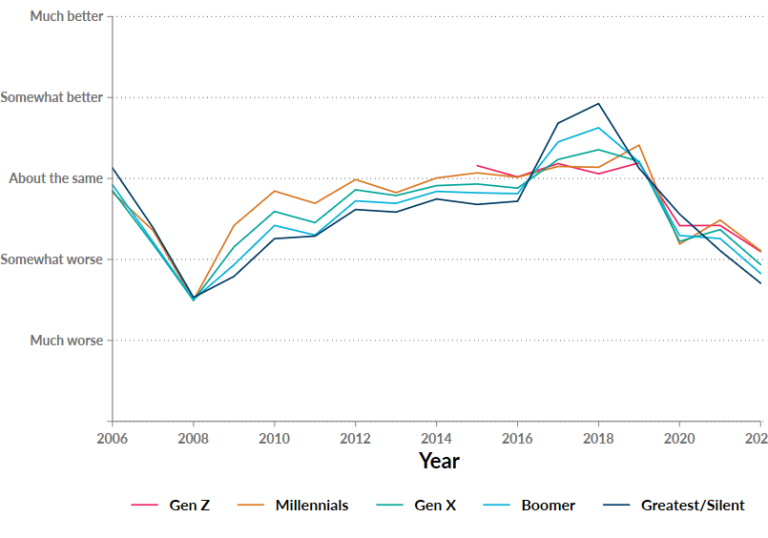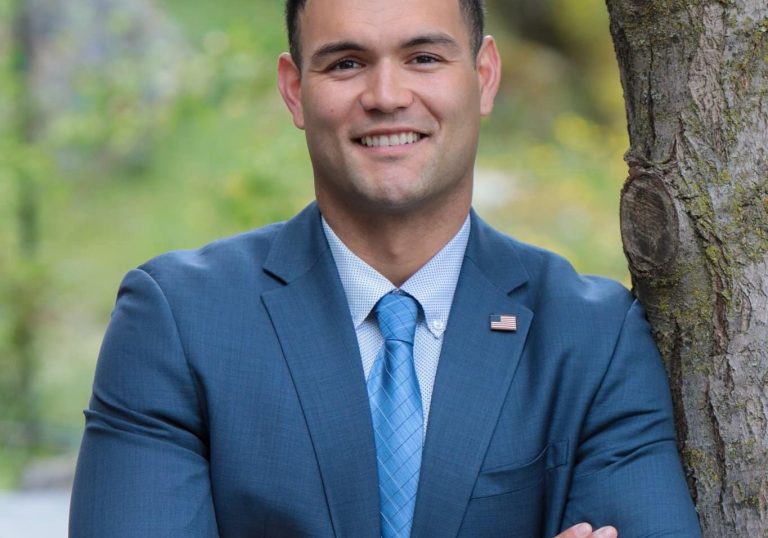This study investigates the effect of generational cohort status and support for policing policy preferences on voter turnout during the 2020 election year. Amid heightened visibility of police violence following high-profile incidents and substantial public mobilizations, there is a marked generational divergence in political engagement, particularly influenced by attitudes toward policing policies.
Despite the relevance of these issues, there is a significant gap in understanding how specific policing policy preferences shape voter turnout across generations. This hampers the ability of elected officials, government workers, and policymakers to engage effectively different generational cohorts in the electoral process based on their unique experiences and perspectives on law enforcement. This study aims to address this deficiency by exploring how generational differences in police preferences influence voting behavior.
Findings from this paper suggest that policing policies resonate somewhat differently across generations, with the overall impact on voter turnout limited, indicating the possible need for broader electoral strategies that transcend generational divides. The consistent although moderate effect sizes observed for increased Millennial turnout for liberal policing preferences across almost all tested policing policies suggests that generational-specific approaches to voter mobilization based on these issues may yield improvements in turnout. This takeaway is further substantiated by observable although less consistent responsiveness by older generations, specifically the Silent generation, which experience an opposite effect of decreased voter turnout when individuals hold more liberal policy preferences.
